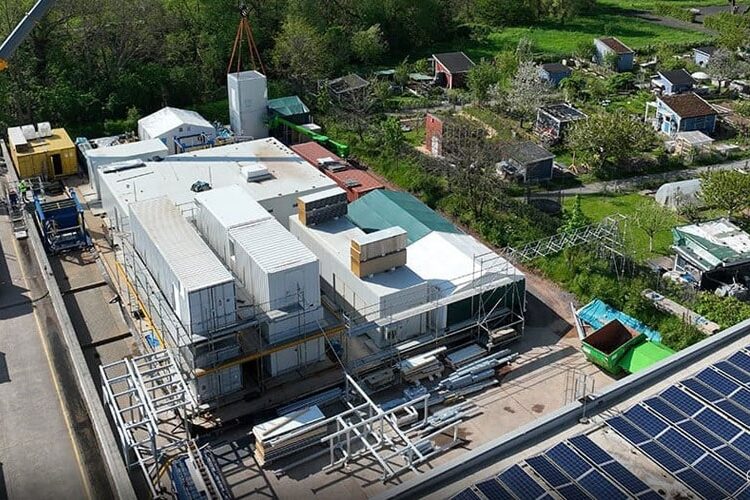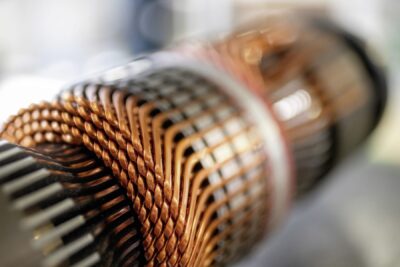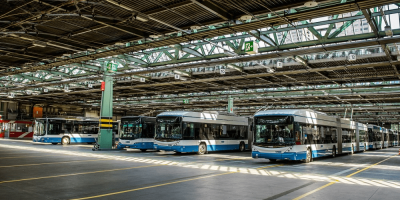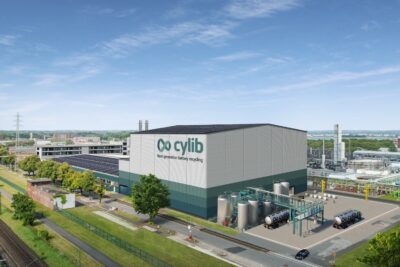Germany funds two lithium projects by Vulcan Energy
The BMWE sees funding for both projects as another step towards securing an affordable and reliable supply of raw materials for German industry – with lithium being particularly crucial for electric vehicle production. The metal is required for manufacturing EV batteries. Vulcan Energy states that its project, titled “Clean Lithium for Battery Cell Production” (Li4BAT), will in the future supply lithium for around 500,000 EV batteries annually. Currently, there is no significant lithium production in Germany or Europe, with the raw material largely sourced from China and South America.
Vulcan Energy estimates total investment for both plants at €690 million, with €103.6 million now covered by the federal government, Hesse, and Rhineland-Palatinate. Vulcan Energy CEO Cris Moreno comments: “We are pleased about the strong and concrete support from the federal government as well as the state governments of Rhineland-Palatinate and Hesse. This funding will enable us to provide sustainable domestic lithium for the German and European electric mobility sector. The raw material drives the energy transition and is key to switching to electric mobility.”
Vulcan Energy already demonstrated with pilot plants at both sites that lithium extraction and processing in Germany is possible. In April 2024, the company reported its first successful production of lithium chloride at its Lithium Extraction Optimisation Plant (LEOP) in Landau, which is about 1:50 scale compared to the planned commercial Lithium Extraction Plant (LEP) that now received funding. Here, lithium chloride is extracted from geothermal brine. And at the Lithium Electrolysis Optimisation Plant (CLEOP) in Frankfurt-Höchst, also built at 1:50 scale, Vulcan Energy processed lithium chloride into lithium hydroxide monohydrate for the first time in November 2024.
Stefan Rouenhoff, Parliamentary State Secretary at the Federal Ministry for Economic Affairs and Energy, said: “By supporting Vulcan Energy’s investment projects in Hesse and Rhineland-Palatinate, we are helping to establish sustainable lithium production in Germany. This reduces our dependency on raw materials and strengthens the resilience of our supply chains. That is a key prerequisite for the competitiveness of our economy.”
The sub-project in Landau, Rhineland-Palatinate, was already selected by the EU in March 2025 as one of 47 strategic projects under the Critical Raw Materials Act. Vulcan Energy’s combined geothermal and lithium resource is considered the largest in Europe, with licences concentrated in Germany’s Upper Rhine Valley.
Rhineland-Palatinate’s Minister for Economic Affairs, Daniela Schmitt, said: “I am pleased that Rhineland-Palatinate can make an important contribution to strengthening Germany as an industrial location with this lithium project. It is an investment in the future viability of the German economy. Domestic lithium production will allow us to supply our industries more reliably with raw materials.”
Hesse’s Minister for Economic Affairs, Kaweh Mansoori, added: “Climate-neutral lithium extraction from regional resources is a key building block for the mobility and energy transition. For Hesse, this project is a strategic investment in the future: it strengthens our high-tech location, secures jobs, and creates prospects for future generations.”
bundeswirtschaftsministerium.de, v-er.eu (both in German)





0 Comments